Here's the dating advice that you really don’t need from your friends
We love decoding a partner’s behaviour with our friends, but could their dating advice actually just be a way of projecting their own relationship fears?
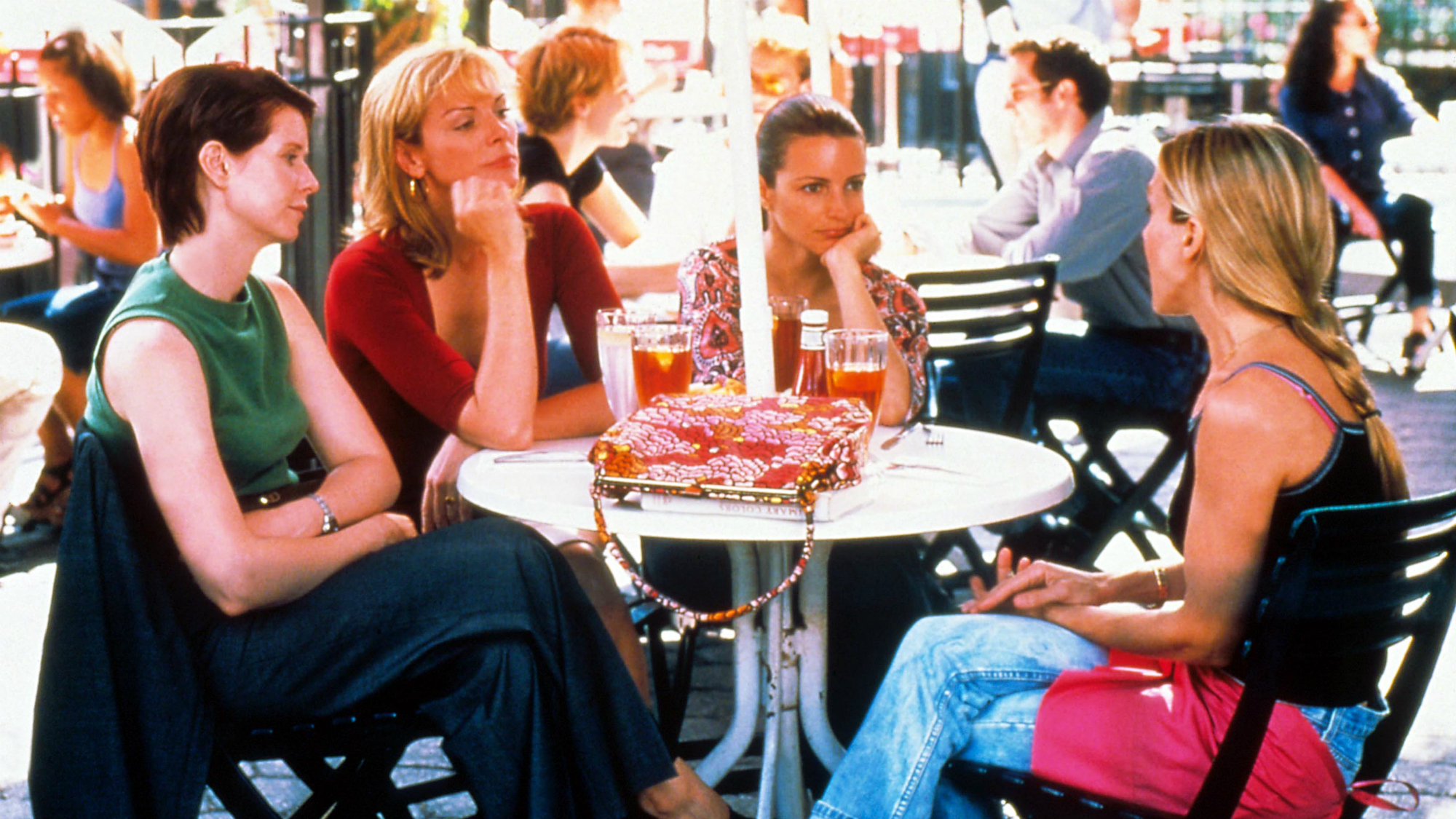
We love decoding a partner’s behaviour with our friends, but could their dating advice actually just be a way of projecting their own relationship fears?
Words by Anabel Maldonado
My friends and I are eating out at our favourite Italian. Our choice of dining venue has come to reflect the nature of topics up for discussion and tonight, only comforting pasta will do.
My relationship with Eric, who I was so sure was The One, is on its last legs. I’ve summoned the girls to help me make sense of it all. ‘He doesn’t deserve you. You’re gorgeous. You’re also the smartest person I know. He’s too immature to appreciate you,’ says Tess. I smile graciously but feel a knot of annoyance in my stomach.
The thing is, I’m not seeking reassurance about my positive qualities, and an explanation that is based on whimsical notions of people ‘deserving’ each other is deeply unsatisfying. I then immediately feel guilty. Tess is a long-standing loyal friend who is simply being supportive. Brooke mostly listens. She emphasizes, but admits she’s as confused as I am about why the relationship went awry.
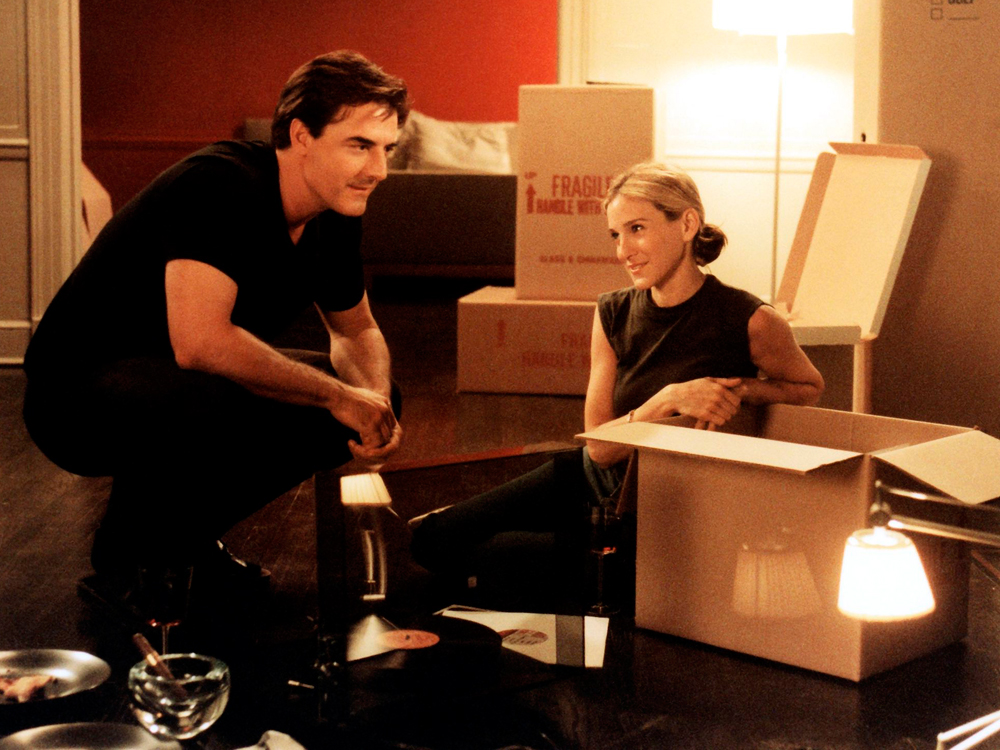
I was desperate for an explanation. In fact, looking back. I realize that the greyer the relationship grew, the more dependent I became on my friends to decipher the meaning behind Eric’s behaviour. Walking home that evening I had an epiphany. My friends’ advice didn’t resonate because the ‘happy-go-lucky me’ they know and love is a different person to the tense, temperamental one Eric got to know.
Since we met, three months before, we’d been inseparable. Eric dominated my thoughts: what he was thinking, whether he felt the same and, most importantly – where was this going? Trying to be cool and carefree, while tearing myself apart with anxiety over the future led me to become increasingly neurotic and passive-aggressive. He slowly backed off. Tess, an advocate of dating book The Rules, insisted that if I wanted to keep him keen I would need to act aloof and have him make date arrangements several days in advance. But as a busy City boy, who was genuinely interested, this simply frustrated him – and not in a good way.
Marie Claire Newsletter
Celebrity news, beauty, fashion advice, and fascinating features, delivered straight to your inbox!
The success of books like The Rules and He’s Just Not That Into You illustrates how much we relish simplifying complex human behaviour with advice and theories. But writing off men without really analyzing what you are contributing to the state of the relationship can be harmful. It’s no wonder we seek reassurance from our friends: it provides us with a false temporary sense of certainty about ourselves and how great we are.
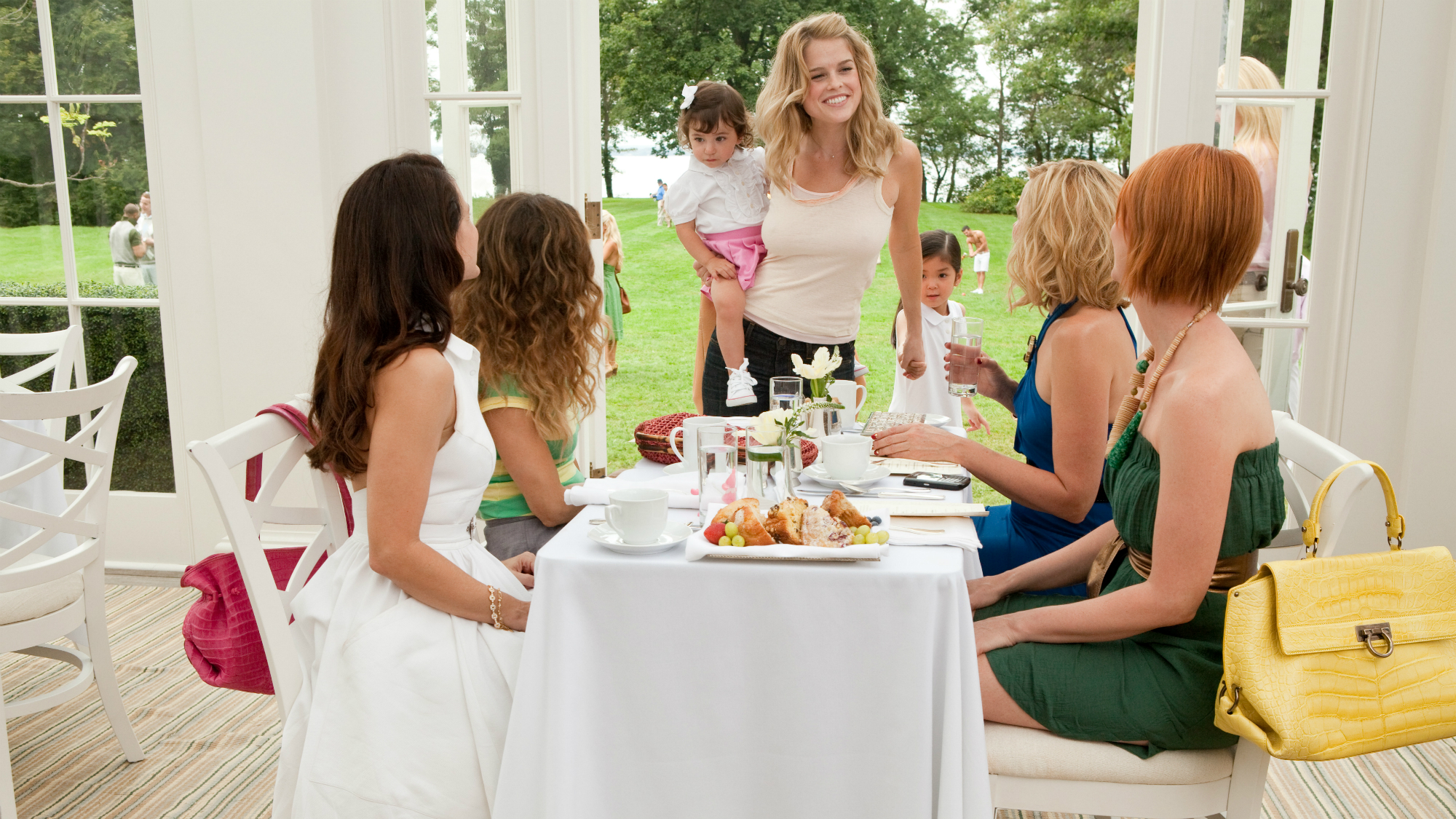
According to Shelley E Taylor, author of The Tending Instinct, time with our girlfriends really does reduce our stress levels – we even emit the feel-good hormone oxytocin after a good gossip. It’s probably better to just enjoy the female camaraderie, rather than craving reassurance from the evening. ‘Tolerance to uncertainty’ is a valid measure for how emotionally and psychologically healthy we are,’ says Claire Marchand, clinical psychologist. ‘Happily dating someone without knowing where it’s going is vital because it allows the relationship to flourish naturally.’
Living in this compulsive information seeking age has intensified our urgency to make sense of complicated situations. I’ve always been a confident risk taker but, when it comes to relationships, strangely I increasingly need this team approach to issues that I am unable to navigate on my own.
But perhaps what most muddles the dynamic between us and our friends is that people always speak from where they are emotionally. According to relationship counselor Christine Akiteng, people project their own fears and pain, which make their advice more about them than you. We all have a jaded girlfriend who dishes out the ‘be careful, all guys are the same’ and ‘I’m just telling you this from experience’ warnings. I thought about how it irked me that Tess often compared Eric to a guy she dated who was reluctant to commit. Akiteng suggest that instead, we seek the counsel of people who have worked on their own issues, as they’re more likely to be objective.

How then, do you indulge in a deep girlie discussion without allowing to block the voice of your intuition? According to Dr Marchand, spending time alone is central to building a strong sense of self, which in turn will help you regain confidence in your ability to make decisions. ‘Engage in a healthy amount of introspection to uncover what lies at the bottom of your fears and insecurities,’ she says. And when you are mulling over a problem with the girls, instead of asking them what they think, says Marchand , ‘ask them to ask you constructive questions to help you access your own intellect.’ A well thought out decision can also protect your female friendships from resentment over their advice-gone-wrong.
Six months later, I met Eric for drinks. Stashing my anger and insecurities away, I felt emotionally detached enough to hear his side. He confirmed what, deep down, I always knew: it got too intense, too complicated too fast, He was confused by my unpredictable behaviour, and acknowledged his own communication shortcomings. I thought back to Brooke’s lack of commentary on my speculations about Eric. At the time, I took it as a sign of indifference. In truth, her omission of a verdict was the most honest and true answer. After all, Eric himself didn’t know why our relationship had hit a brick wall at that stage either. Anyway, we decided to try it again. It may work out and it may not. I knew in my gut that it was the right thing to do and didn’t bother asking my friends for their advice. I’ll be telling them the news over sushi tonight. But I won’t be asking them what they think.
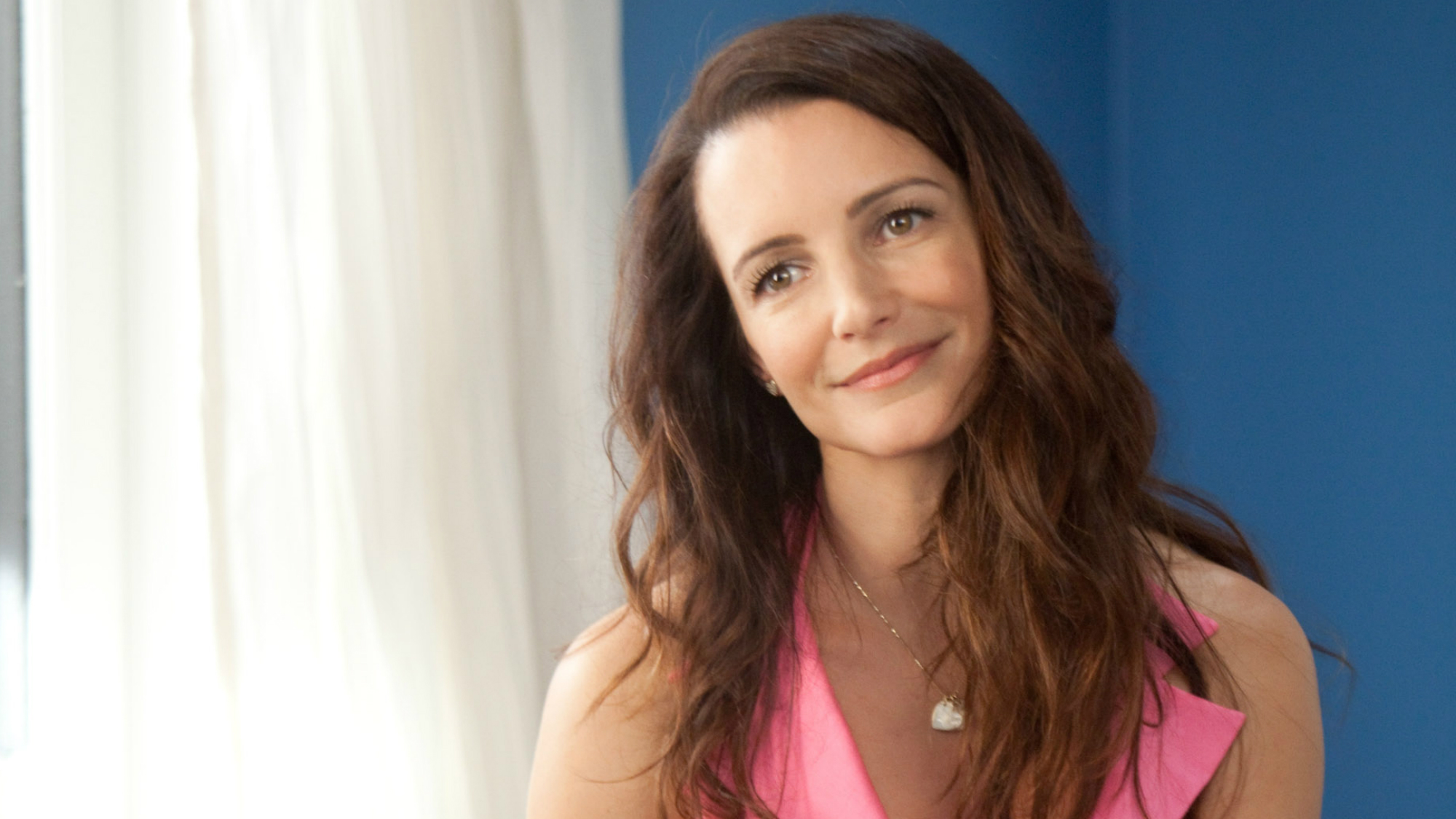
OUR FRIENDS' ADVICE DECODED
She says: ‘It’s not your fault. All men are bastards.’ She means: I told you so. I always hated him and I’m always right. Be wary. A real friend is balanced, acknowledges that she could be wrong and offers several views.
She says: ‘So come on. What’s the latest?’ She means: Your love life is my entertainment now that I’m bored with my own. This friend is happier if you’re having a drama. Try turning the spotlight on her own relationship. You might be surprised.
She says: ‘The problem is that men and women are so inherently different.’ She means: My past failed relationships have left me devouring self-help books for answers. Now I’m forcing them on you. Take with a large pinch of salt. The complexities of male/ female relations cannot be explained by a handful of simple formulas.
She says: ‘He sounds dangerous. It’s too risky.’ She means: I’ve been burned and don’t take risks so you shouldn’t either. She’s cloaking her pessimism in the voice of realism. But risk is a necessary part of falling in love.
She says: ‘You need some time to be single.’ She means: I want someone to go out with. Don’t let her sabotage your relationship just because her own didn’t work out.
The leading destination for fashion, beauty, shopping and finger-on-the-pulse views on the latest issues. Marie Claire's travel content helps you delight in discovering new destinations around the globe, offering a unique – and sometimes unchartered – travel experience. From new hotel openings to the destinations tipped to take over our travel calendars, this iconic name has it covered.
-
 Style Briefing: Matthieu Blazy's last hurrah
Style Briefing: Matthieu Blazy's last hurrahHow the designer delivered a fresh perspective while also honouring its history of craft and creativity
By Rebecca Jane Hill
-
 The Emily in Paris cast has spoken out as one of its stars officially quits the show
The Emily in Paris cast has spoken out as one of its stars officially quits the showBy Jenny Proudfoot
-
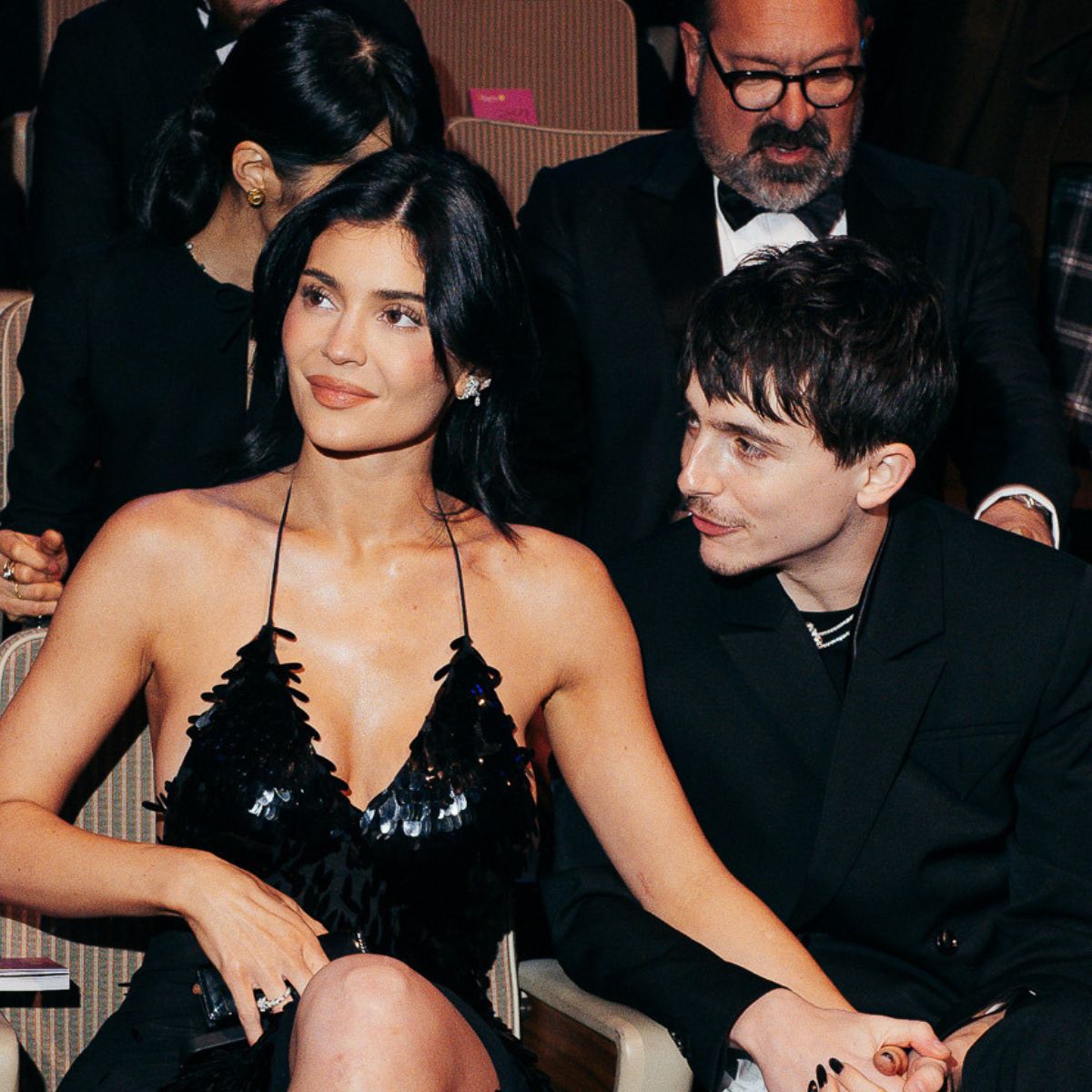 Timothée Chalamet’s mother has opened up about his relationship with Kylie Jenner
Timothée Chalamet’s mother has opened up about his relationship with Kylie JennerBy Jenny Proudfoot